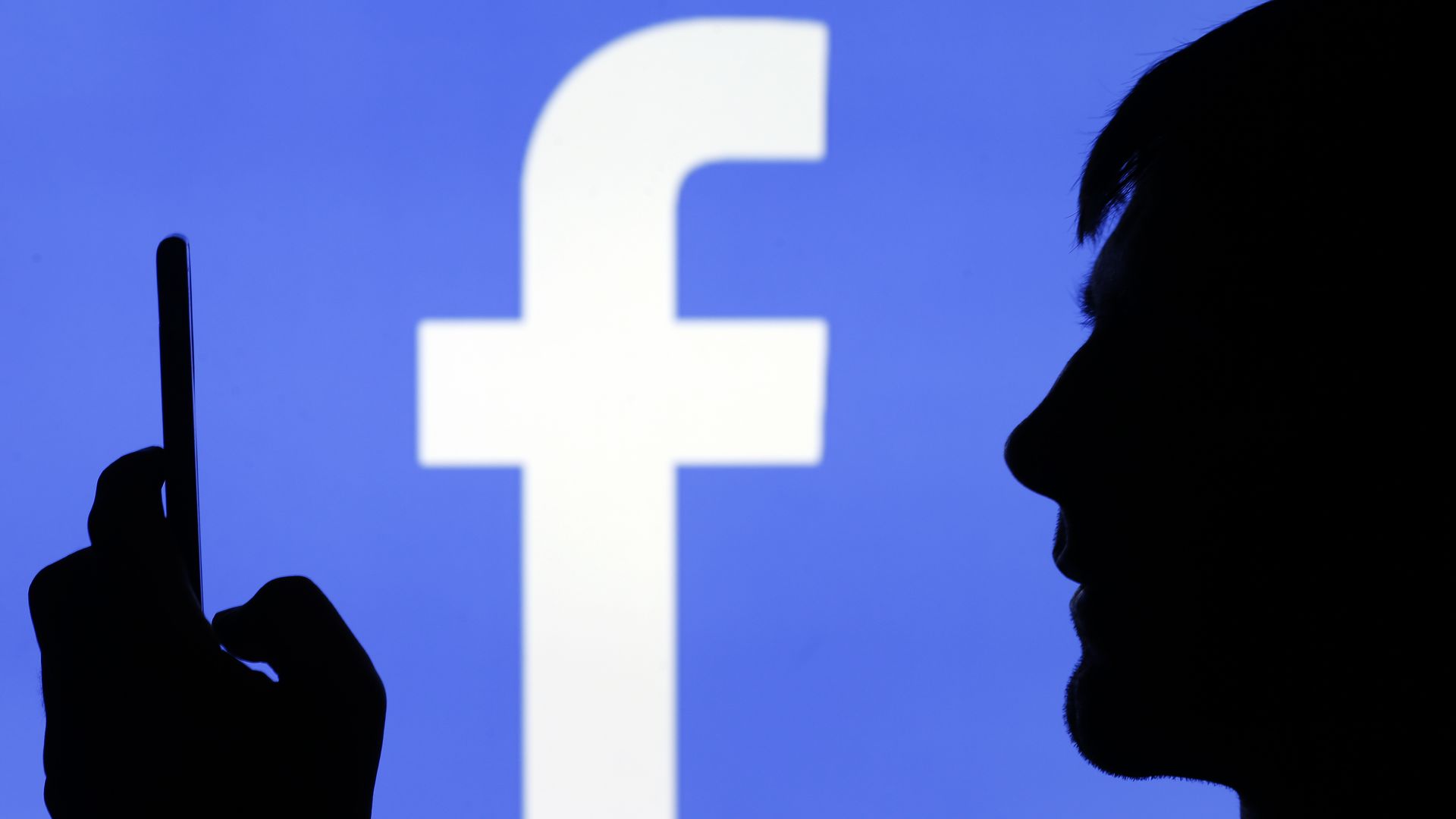Apr 1, 2021 - Technology
Supreme Court: Facebook's automated texts aren't robocalling
Add Axios as your preferred source to
see more of our stories on Google.

Facebook. Photo: Chesnot / Getty Images
Add Axios as your preferred source to
see more of our stories on Google.

Facebook. Photo: Chesnot / Getty Images